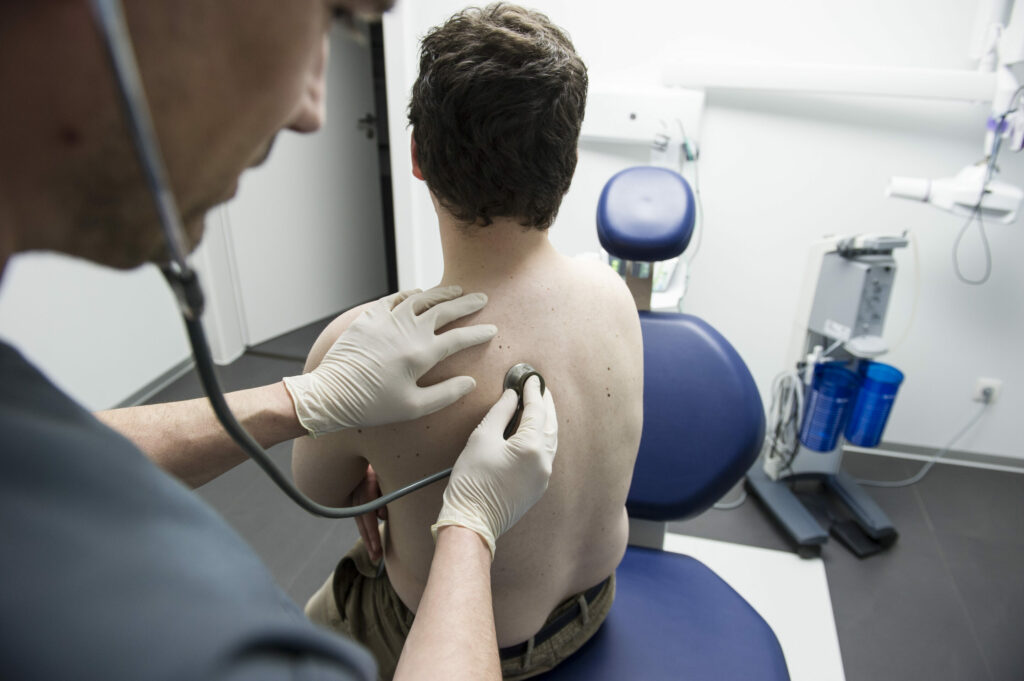Despite a recent drop in the number of prescribed doses, Belgium's use of antibiotics remains much higher than in other European countries. Health experts have once again warned that if no action is taken, the number of deaths will rise.
Antibiotic use fell slightly between July 2016 and June 2024 in Belgium, an analysis among 2.3 million members of the three Independent Health Insurance Funds showed. Use now sits at almost 18 standard daily doses per 1,000 inhabitants per day, back up to pre-pandemic levels.
"Despite a gradual decrease in antibiotic use between 2016 and 2024, Belgium remains one of the largest users of antibiotics in Europe," experts from the Independent Health Insurance Funds said. Between summer 2023 and June 2024, one in three of the health insurance companies' policyholders received reimbursed antibiotics through ordinary pharmacies.
Antibiotics fight infections caused by bacteria. However, the overuse of these drugs promotes antibiotic resistance, making it a major public health challenge. Across the Organisation for Economic Co-operation and Development (OECD) – a group of mostly rich countries – one in five infections in member countries are already resistant to antibiotics. In Belgium, this concerns one in 11 infections. The elderly and very young children are particularly affected.
"Without efficient and global action, simple infections can become untreatable and routine surgeries can become complicated due to a lack of infection prevention," the health experts said. In OECD countries, antibiotic resistance already causes 79,000 deaths annually.
Failing to counter resistance
Belgium has failed to reach the predetermined goals set by health organisations to counter resistance. The target to reduce antibiotic use by 40% compared to 2019 to maintain the effectiveness of the essential drugs was not achieved. Ensuring the medication is reserved for cases where standard treatments fail or are inadequate to slow the emergence of resistance also failed.
Reducing the use of quinolones (used to treat serious infections and animals) to 5% of the total volume of antibiotics used also failed to succeed. Finally, the target to increase the ratio of amoxicillin versus amoxicillin-clavulanic acid to 80/20 was also not reached. "Amoxicillin alone is preferred in the first line because adding clavulanic acid increases the risk of resistance." The current ratio is 55% amoxicillin alone versus 45% for the combination.
One goal was achieved, however: ensuring a high use (65%) of the 'Access' category of antibiotics, which are effective against common pathogens and show lower resistance potential. "By 2024, 69% of antibiotics used in Belgium belong to this category, exceeding the original target," the insurance funds noted.
The health experts called on authorities to support prescribing antibiotics in moderation, to sensitise citizens about preventing infections and inappropriate use of antibiotics, and to make them aware of the dangers of antimicrobial resistance.

